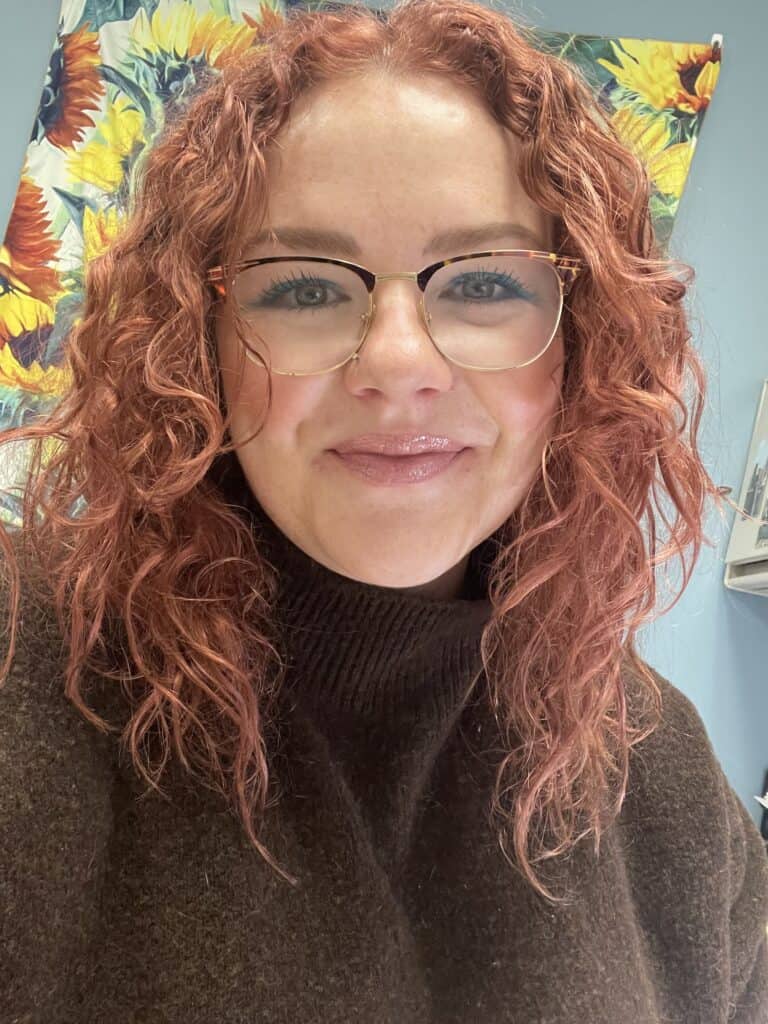“For as long as I can remember, I’ve struggled with intrusive thoughts and obsessive behaviors, particularly related to cleanliness and order. These thoughts and compulsions consume significant portions of my day, causing distress and interfering with my daily functioning. What are some effective strategies for managing these challenges and reclaiming control over my thoughts and actions?”
What a great question. Intrusive thoughts and obsessive behaviors can be incredibly alarming, scary, and isolating as well as feeling “crazy” or like you are broken. Thank you for putting attention on a problem that nearly six million Americans experience (Harvard Health Publishing, 2024).
As mental health has become more popular on social media, I have noticed some misinformation on what an intrusive thought is and what it is not. Intrusive thoughts are thoughts that come into our consciousness that are very unlike our other thoughts. They may be violent, inappropriately sexual, or center around harm to self. They are labeled as intrusive because they are not representative of who we are. Read that again, intrusive thoughts are not who we are. They are a byproduct of increased stress or anxiety in relation to diagnosis, typically seen with obsessive compulsive disorder (OCD), schizophrenia, anxiety, and/or sometimes ADHD. Having odd thoughts or daydreams can be experienced by anyone, such as thinking of quitting your job, going on a vacation, or changing the color of your hair. It is important to not label odd or infrequent thoughts as intrusive because it takes away from those who are terrified about the thoughts they are having.
Intrusive thoughts are loud and hard to ignore which is why in some cases compulsions are developed to help ease the thought or feeling and help it dissipate. I want to validate how incredibly exhausting and frustrating this experience can be. It feels like you have no control and are living in a mind that is trying to sabotage you. That is so hard! So, here are some solutions.
Mindfulness, mindfulness, mindfulness. Mindfulness is a practice of learning to still your mind and detach emotionally from the thoughts you are having. It is a practice and takes time. If you’ve ever attended a yoga class, at the very end you practice something called “savasana” and lay down on your mat in silence. This is a practice of mindfulness. You have just worked on stretching and breathing into your body and you seal your practice in a rest pose. This gives you a few moments to see your thoughts come in, notice them, and allow them to float away without attaching emotion or judgment. I know- sounds easy- harder in reality. Just like any skill, it takes time and working with a therapist who uses mindfulness is a great place to start. You can learn more about mindfulness here – Kristin Neff: Mindfulness and Self-Compassion
There can often be root causes or traumatic events that affect intrusive thoughts and obsessive behaviors that can be found and reprocessed through therapy which will also alleviate the control these thoughts have on oneself. When searching for a therapist to address this, it may be helpful to ask if they are trained in ERP (Exposure and Response Prevention). If OCD is at play, this is the gold standard form of treatment. Therapy can also help you understand triggers, as well as develop coping skills, to manage intrusive thoughts and obsessive behaviors. It is also a safe place to not feel judged as intrusive thoughts can feel so isolating. It can also be helpful to meet with your physician and see if medication could help alleviate some of those anxious thoughts/feelings, if that is something you are open to.
Remember you are not alone in this, and there is nothing wrong with having these thoughts and behaviors. Seek help as needed, and work on allowing your thoughts to float through you like clouds moving in the sky. If you’d like to setup an appointment with one of our therapists, please call 252-232-8086.

